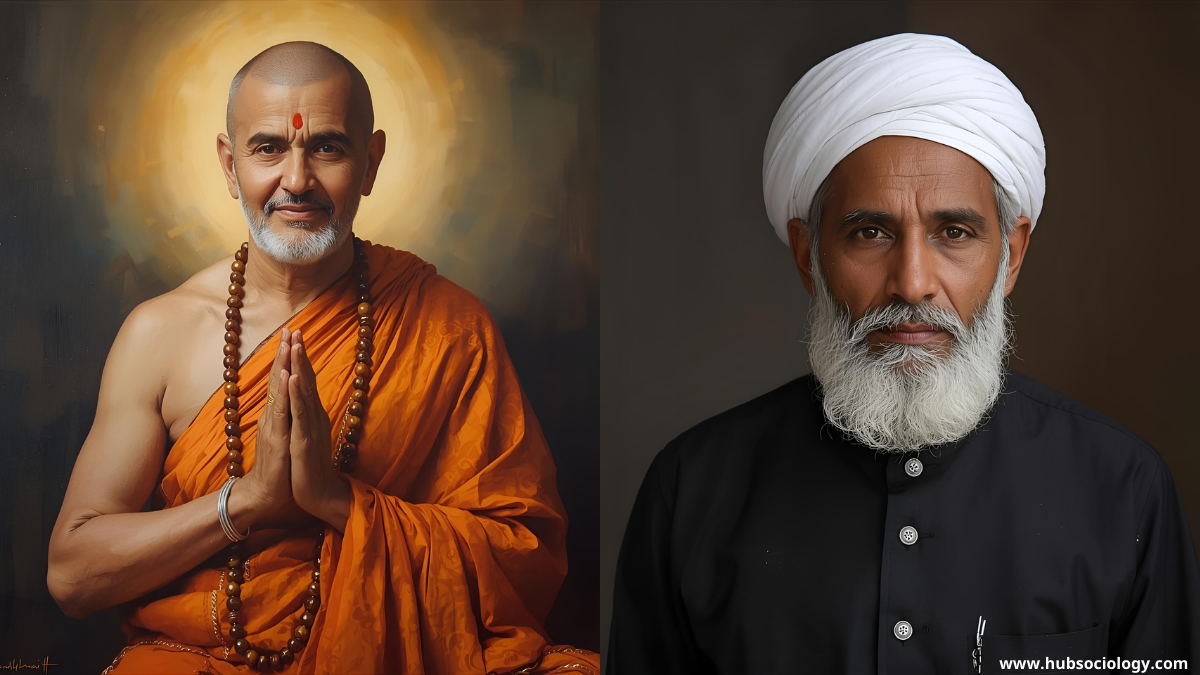ICT and Empowerment in India: A Sociological Perspective
Introduction on ICT and Empowerment in India The 21st century has witnessed the rapid growth of Information and Communication Technology (ICT) as a transformative force shaping societies across the globe. In India, a country with deep-rooted social hierarchies, diverse cultures, and uneven development, ICT has emerged as both a challenge and an opportunity. From mobile … Read more








